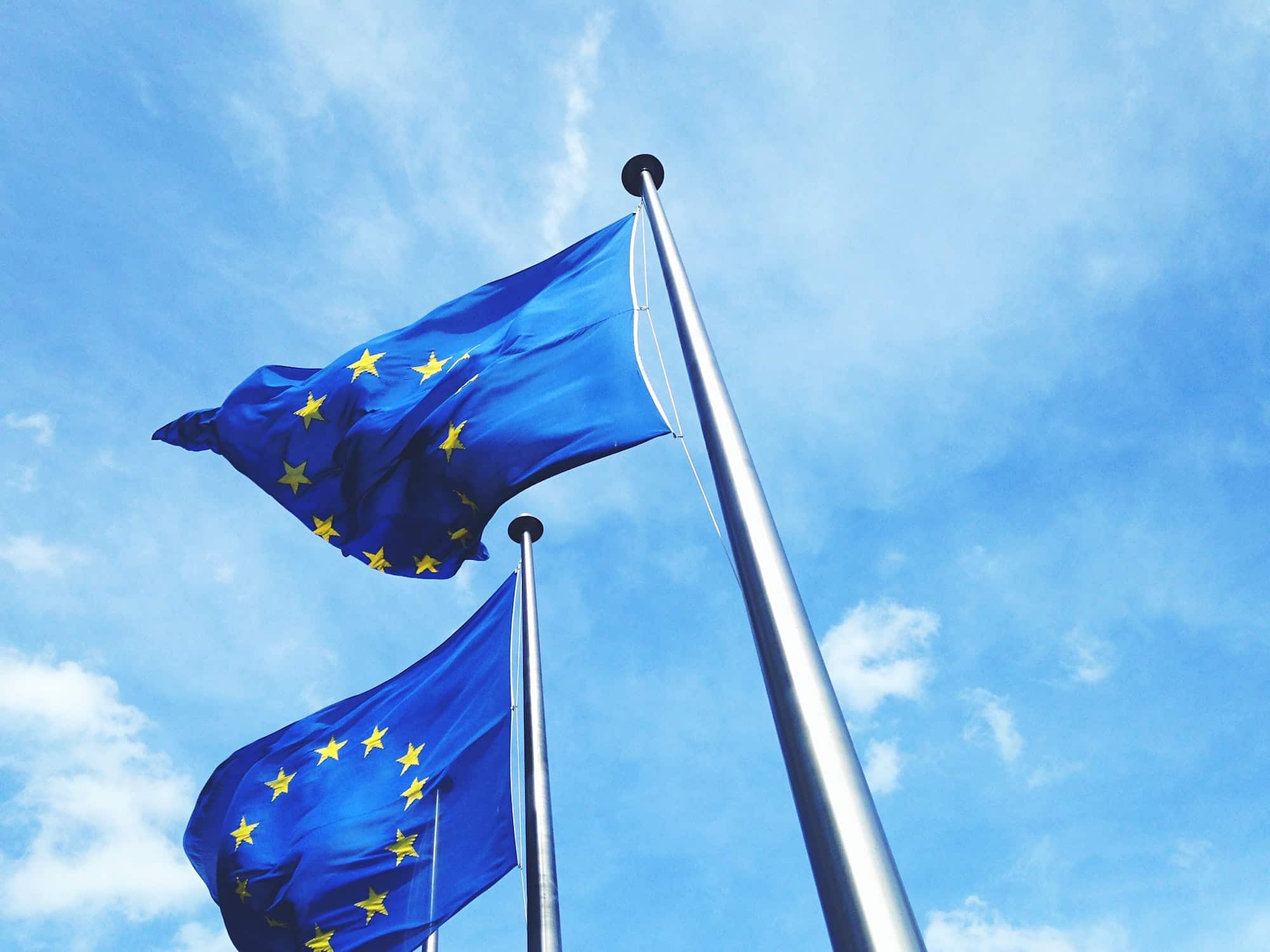European Union (EU) defence and foreign ministers are meeting this week in the Spanish city of Toledo for informal discussions on support for Ukraine and the coup d’état in Niger.
Between Tuesday and Wednesday, the defence ministers of the 27 are meeting to assess the political and military support given to Ukraine, a year and a half after the start of the Russian invasion.
Portugal’s defence minister, Helena Carreiras, is taking part in the meeting.
On Thursday, the ministers responsible for diplomacy from the EU member states will take part in an informal meeting, dubbed “Gymnich”, after the German castle where the first of these meetings took place. Portugal’s minister for foreign affairs, João Gomes Cravinho, will take part in the meeting
The discussion in Toledo will centre on how EU member states can go further in supporting the invaded country. The European Peace Facility (EPF) has already been activated seven times to support Ukraine, totalling almost six billion euros. An eighth instalment of 500 million euros is awaiting approval, which could come during these meetings.
At the same time, the ministers are due to discuss the Ukrainian counter-offensive, which began just over two months ago, so it is likely that the ministers will receive ‘inputs’ from Ukrainian Defence Minister Oleksii Reznikov, as has happened in previous meetings.
For this to happen, Hungary had to lift its objection to the approval of the eighth package. The Hungarian veto came about because of the inclusion of the OTP bank on the Ukrainian list of organisations that promote war.
At the same time, the ministers of the 27 are expected to address the provision of one million rounds of large-calibre ammunition to Ukraine, which was promised at the beginning of the year and which a few months ago had exceeded a quarter of the 12-month target.
As a way of continuing to ‘tighten the noose’ on Russia and the countries that help it, the ministers may also discuss yet another package of sanctions on the Kremlin, on people and companies that contribute to the invasion or that help Russia circumvent the sanctions already imposed.
Brussels’ aim is to prevent Russia from fuelling the war.
Foreign ministers, meanwhile, are due to receive information about the conflict in Ukraine from their Ukrainian counterpart, Dmytro Kuleba.
The death of the leader of the Wagner mercenary group, Yevgeny Prigozhin, on Wednesday in an alleged plane crash, could also be part of the discussion, not only because of the implications it could have for the war in Ukraine, but also for Wagner’s presence in Africa, especially when the EU’s attention on the continent is now focused on Niger.
Niger has been experiencing a political crisis since 26 July, when a military junta – calling itself the National Council for the Safeguarding of the Homeland (CNSP), led by the former head of the presidential guard, General Abdourahamane Tiani – ousted elected President Mohamed Bazoum (who has been under house arrest ever since) and suspended the constitution.
The coup d’état was condemned by the international community and by the Economic Community of West African States (ECOWAS), which issued tough economic and trade sanctions against Niger (a member of the bloc before it was suspended) and threatened military action against the coup plotters to restore constitutional order.
Several countries have expressed their rejection of the military option, including neighbouring Mali and Burkina Faso – also ruled by military juntas – who have warned that any military action against Niger would be tantamount to a declaration of war against them.
These meetings will take place as part of Spain’s presidency of the Council of the EU in the second half of 2023. The “Gymnich” take place twice a year.








